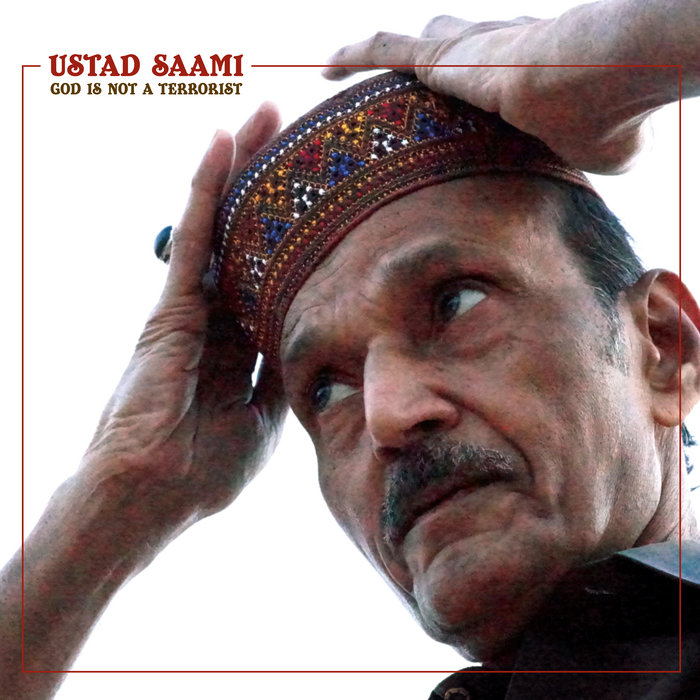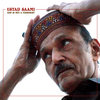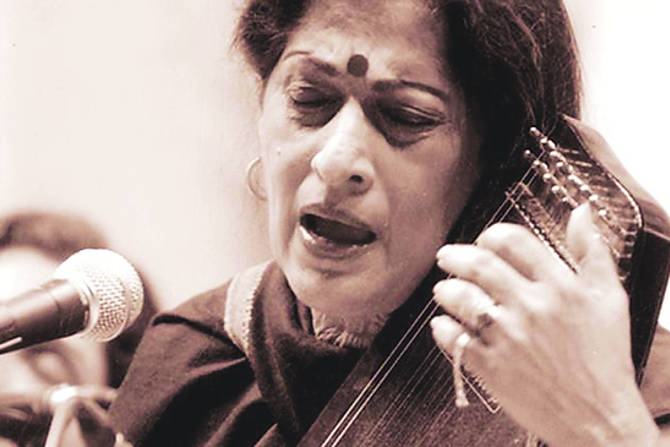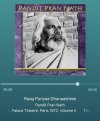oracle1974
Well-Known Member
Some useful links on Hindustani Classical Music
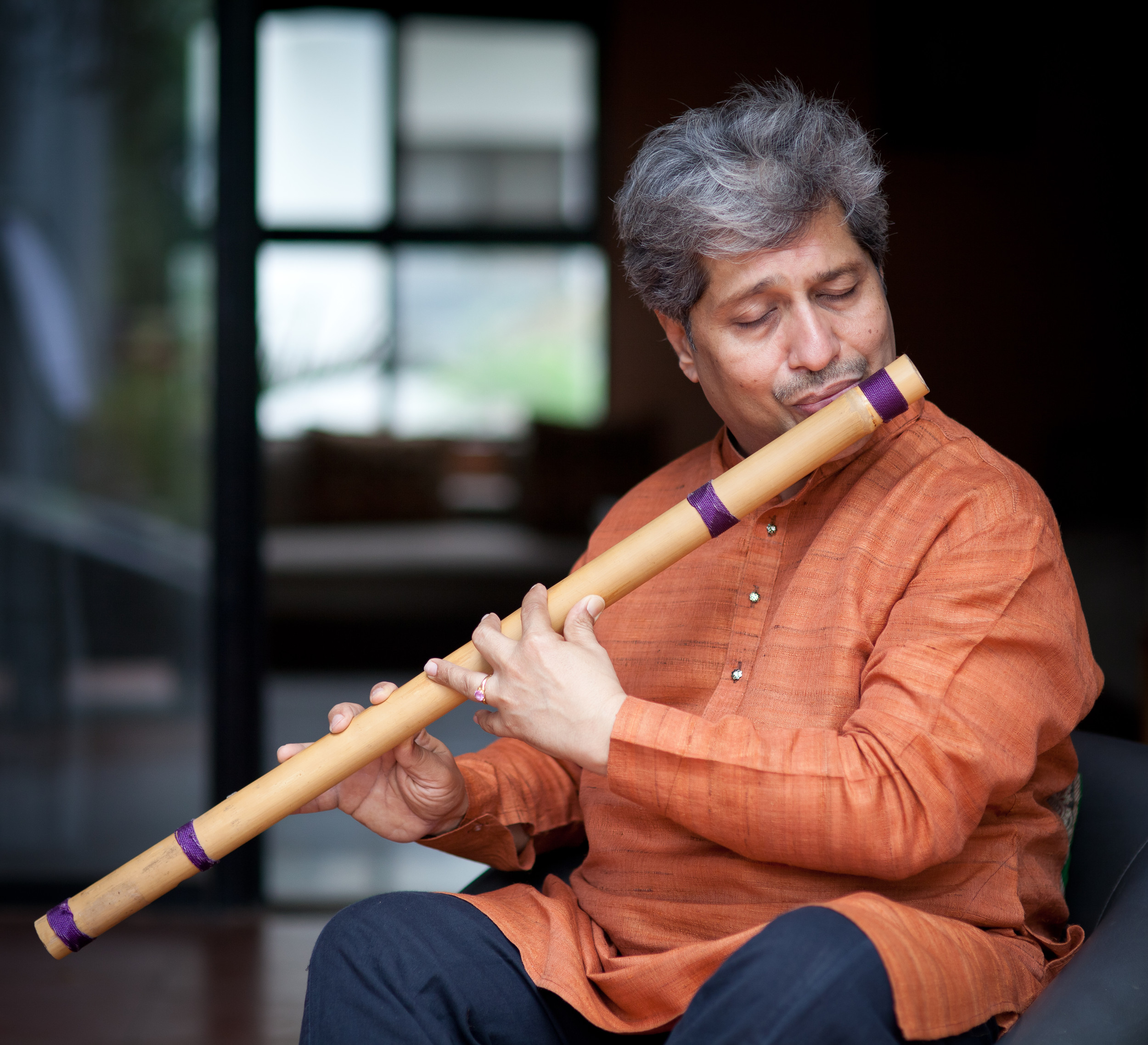
 www.ragasphere.com
www.ragasphere.com
Music Today Series

Answers to everything in Indian Classical Music | Ragasphere
Learn to experience Indian Classical Music Better. Ragasphere provides you with microcourses for listeners, guided listening sessions, detailed videos of basic concepts, blogs and the most responsive forum on Hindustani Classical Music on the Internet.
 www.ragasphere.com
www.ragasphere.com
Music Today Series
Last edited:



